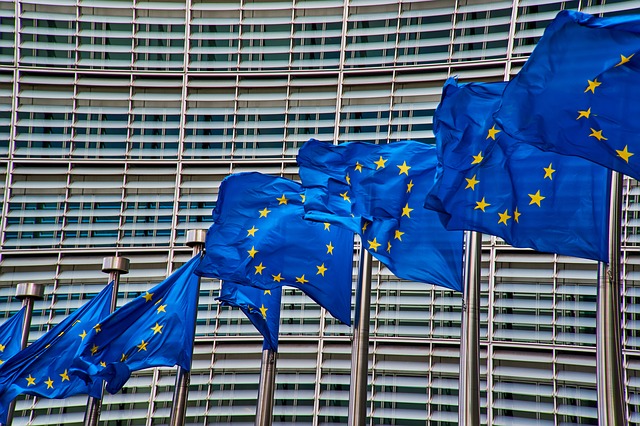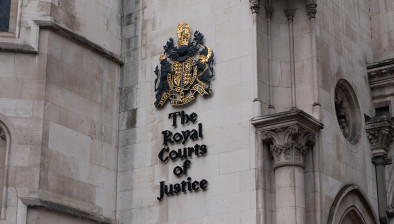Coimisiún na Meán gains new powers to deal with ‘terrorist content’

Coimisiún na Meán has been given new powers to enforce EU laws aimed at tackling online terrorist content.
Having been designated as the competent Irish authority under the EU Terrorist Content Online Regulation (2021/784), Coimisiún na Meán can now impose administrative fines on hosting service providers up to four per cent of global turnover for infringements of the regulation.
This designation follows the commencement of Part 7 of the Courts, Civil Law, Criminal Law and Superannuation (Miscellaneous Provisions) Act 2024, which provides Coimisiún na Meán with the necessary statutory powers.
Justice minister Helen McEntee said: “I am very pleased to designate Coimisiún na Meán as the competent authority for imposing penalties for non-compliance with requirements under the Terrorist Content Online Regulation. This is an important EU-wide measure and something which Ireland is committed to implementing.
“We have already implemented a number of the necessary measures including the designation of An Garda Síochána as the competent authority to issue removal orders to online service providers. An Garda Síochána play a vital role in this respect and aligns with their mission of keeping people safe.
“Coimisiún na Meán will now play an equally important role in collecting fines from those providers who do not fully adhere to An Garda Síochána’s orders. We will see a State-wide response to tackling harmful and corrosive content online, content which can motivate people do real world-harm.”
The Terrorist Content Online Regulation provides an EU-wide mechanism for the speedy removal of terrorist content online by hosting service providers following the issue of removal orders by EU law enforcement agencies. An Garda Síochána is the authority competent in Ireland for issuing removal orders.
Terrorist content refers to material shared online that, directly or indirectly, such as by the glorification of terrorist acts, advocates the commission of terrorist offences; solicits a person or a group of persons to commit or contribute to the commission of a terrorist offences or to participate in the activities of a terrorist group; provides instruction on the making or use of explosives, firearms or other weapons; or constitutes a threat to commit a terrorist offence.







